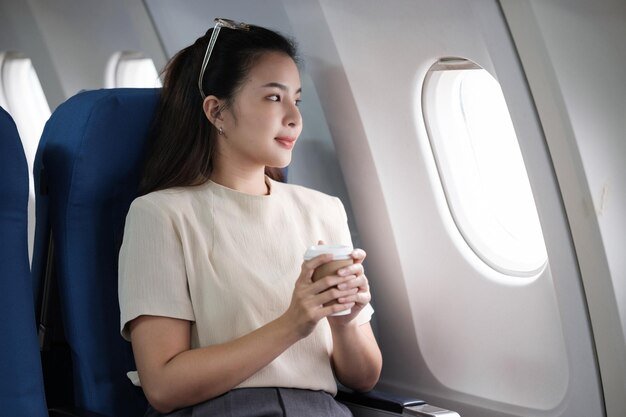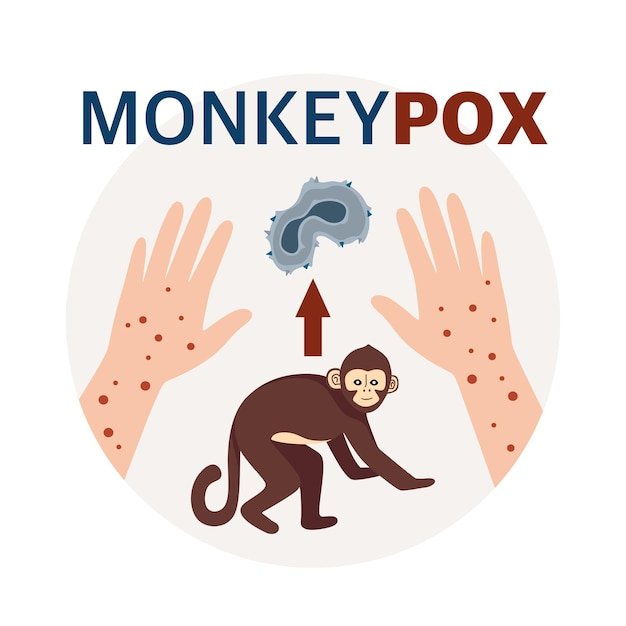14 Health Risks of Long Flights & How to Stay Well in the Air
As frequent flyers and health enthusiasts, we’ve learned that **long flights** can do more than just bore us – they can take a toll on our health. Whether we're heading out for vacation or work, it's important to know how extended air travel can affect our bodies. This guide covers 14 health conditions that long flights can worsen, along with tips to keep us feeling good from takeoff to landing.
**Understanding the Airplane Environment**
Before diving into the health risks, let's look at why the airplane environment can be challenging for our health.
Cabin pressure: Our ears pop because of changes in cabin pressure. Airlines pressurize the cabin to feel like we’re at 6,000-8,000 feet, which can be uncomfortable for some.
**Low humidity**: Airplane air is dry, with humidity levels dropping below 20% compared to the 30-50% we’re used to at home, which can cause dehydration.
**Limited movement**: Airplane seats are tight, and sitting for long hours can lead to circulation problems.
Now, let’s explore the 14 health conditions that can get worse during long flights.
1. **Deep Vein Thrombosis (DVT)**
DVT is when a blood clot forms in a deep vein, usually in the legs, often due to prolonged sitting and cabin pressure changes.
Prevention tips:
Move around every hour
Do seated leg exercises
Stay hydrated
Wear compression socks
2. **Jet Lag**
Jet lag can leave us feeling off after crossing time zones.
Tips to beat jet lag:
Adjust our sleep schedule before flying
Stay hydrated
Sleep on the plane when it's night at our destination
Get sunlight when we arrive
3. **Sinus and Ear Issues**
Pressure changes during takeoff and landing can cause ear and sinus discomfort, especially if we’re sick.
Relief tips:
Yawn, swallow, or chew gum
Use decongestant nasal spray
4. **Asthma**
Dry cabin air can trigger asthma symptoms.
In-flight asthma care:
Carry our inhaler
Use saline spray to keep nasal passages moist
5. **Heart Conditions**
Long flights may increase the strain on our hearts due to inactivity and dehydration.
Heart care tips:
Consult our doctor before flying
Move regularly and stay hydrated
6. **Diabetes**
Managing diabetes can be tough during long flights, especially with time zone changes.
Diabetes travel tips:
Pack extra supplies
Carry snacks
Adjust our medication schedule when crossing time zones
7. **Anxiety**
Air travel can increase anxiety, especially in cramped spaces with little control.
Coping tips:
Practice deep breathing
Use noise-canceling headphones
Talk to our doctor about anti-anxiety medications
8. **Motion Sickness**
Long flights can cause nausea in people prone to motion sickness.
Prevention tips:
Sit over the wing
Take motion sickness medication if needed
9. **Pregnancy**
Flying during pregnancy is generally safe, but it’s important to take extra precautions.
Pregnancy travel tips:
Choose an aisle seat for easy movement
Stay hydrated and wear compression socks
10. **Chronic Pain**
Long flights can worsen pain from conditions like arthritis or fibromyalgia.
Pain relief tips:
Request extra legroom
Bring support pillows
Stretch often
11. **Skin Conditions**
Low humidity can worsen conditions like eczema.
Skin care tips:
Apply moisturizer before and during the flight
Use a hydrating face mist
12. **Digestive Problems**
Long flights can cause bloating and constipation.
Digestive health tips:
Avoid gas-producing foods
Drink water and walk around
13. **Swelling (Edema)**
Long flights can cause swelling, especially in the feet and legs.
Swelling prevention tips:
Move our feet often and walk when possible
Wear loose clothing and compression socks
14. **Epilepsy**
Flying doesn’t necessarily worsen epilepsy, but stress and changes to medication routines can increase the risk of seizures.
Epilepsy safety tips:
Carry extra medication
Inform the crew of our condition
**General Flight Health Tips:**
Drink water regularly
Move around the cabin frequently
Pack healthy snacks
Wear loose, comfortable clothes
By staying aware and preparing for these health concerns, we can make long flights more comfortable and protect our well-being from takeoff to landing. Safe travels!
**Understanding the Airplane Environment**
Before diving into the health risks, let's look at why the airplane environment can be challenging for our health.
Cabin pressure: Our ears pop because of changes in cabin pressure. Airlines pressurize the cabin to feel like we’re at 6,000-8,000 feet, which can be uncomfortable for some.
**Low humidity**: Airplane air is dry, with humidity levels dropping below 20% compared to the 30-50% we’re used to at home, which can cause dehydration.
**Limited movement**: Airplane seats are tight, and sitting for long hours can lead to circulation problems.
Now, let’s explore the 14 health conditions that can get worse during long flights.
1. **Deep Vein Thrombosis (DVT)**
DVT is when a blood clot forms in a deep vein, usually in the legs, often due to prolonged sitting and cabin pressure changes.
Prevention tips:
Move around every hour
Do seated leg exercises
Stay hydrated
Wear compression socks
2. **Jet Lag**
Jet lag can leave us feeling off after crossing time zones.
Tips to beat jet lag:
Adjust our sleep schedule before flying
Stay hydrated
Sleep on the plane when it's night at our destination
Get sunlight when we arrive
3. **Sinus and Ear Issues**
Pressure changes during takeoff and landing can cause ear and sinus discomfort, especially if we’re sick.
Relief tips:
Yawn, swallow, or chew gum
Use decongestant nasal spray
4. **Asthma**
Dry cabin air can trigger asthma symptoms.
In-flight asthma care:
Carry our inhaler
Use saline spray to keep nasal passages moist
5. **Heart Conditions**
Long flights may increase the strain on our hearts due to inactivity and dehydration.
Heart care tips:
Consult our doctor before flying
Move regularly and stay hydrated
6. **Diabetes**
Managing diabetes can be tough during long flights, especially with time zone changes.
Diabetes travel tips:
Pack extra supplies
Carry snacks
Adjust our medication schedule when crossing time zones
7. **Anxiety**
Air travel can increase anxiety, especially in cramped spaces with little control.
Coping tips:
Practice deep breathing
Use noise-canceling headphones
Talk to our doctor about anti-anxiety medications
8. **Motion Sickness**
Long flights can cause nausea in people prone to motion sickness.
Prevention tips:
Sit over the wing
Take motion sickness medication if needed
9. **Pregnancy**
Flying during pregnancy is generally safe, but it’s important to take extra precautions.
Pregnancy travel tips:
Choose an aisle seat for easy movement
Stay hydrated and wear compression socks
10. **Chronic Pain**
Long flights can worsen pain from conditions like arthritis or fibromyalgia.
Pain relief tips:
Request extra legroom
Bring support pillows
Stretch often
11. **Skin Conditions**
Low humidity can worsen conditions like eczema.
Skin care tips:
Apply moisturizer before and during the flight
Use a hydrating face mist
12. **Digestive Problems**
Long flights can cause bloating and constipation.
Digestive health tips:
Avoid gas-producing foods
Drink water and walk around
13. **Swelling (Edema)**
Long flights can cause swelling, especially in the feet and legs.
Swelling prevention tips:
Move our feet often and walk when possible
Wear loose clothing and compression socks
14. **Epilepsy**
Flying doesn’t necessarily worsen epilepsy, but stress and changes to medication routines can increase the risk of seizures.
Epilepsy safety tips:
Carry extra medication
Inform the crew of our condition
**General Flight Health Tips:**
Drink water regularly
Move around the cabin frequently
Pack healthy snacks
Wear loose, comfortable clothes
By staying aware and preparing for these health concerns, we can make long flights more comfortable and protect our well-being from takeoff to landing. Safe travels!



